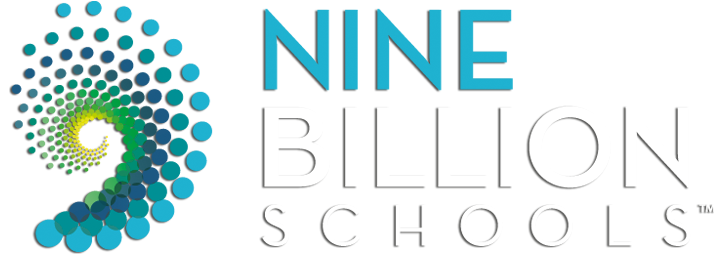DSSS: A Framework for Successful, Lifelong Learning
By Lauren Della Bella (@ldellabella)
It’s no secret I left SXSWedu inspired and energized by the conversations I had, people I met and best practices I learned. One of the sessions I most enjoyed was the Day 3 keynote address with entrepreneur, best-selling author and lifelong learner, Tim Ferriss.
I was intrigued by the framework he suggested for successful, lifelong learning: DSSS, which stands for deconstruction, selection, sequencing and stakes. Ferriss calls it the meta-skill of meta-learning, or learning how to learn.
Deconstruction: When learning a new skill, Ferris believes it pays to study the best practices of outliers, the best of the best in any particular field, and plot out the skills, elements or characteristics that are required for success. “Take a skill and break it into the smallest pieces possible,” Ferriss explains. Ferriss suggests you start with an interview; ask as many questions as you can of the expert(s) you’ve identified. Then define what you want to achieve and how you will measure your success.
Selection: What 20 percent of the deconstructed skills will deliver 80 percent (or more) of the outcomes you want? It’s called the 80/20 rule, or the Pareto principle. When learning a new skill, a new language, a new anything, Ferriss suggests that what you study is more important than how – how much, how often, how well – you study. He suggests narrowing down material to the characteristics that will produce the greatest results, then practicing only those skills until you build knowledge over time.
Sequencing: Sequencing is where you put selection to practice. It answers the question, “What is the logical progression I must follow to achieve fluency?” Ferriss performs his own little pilot programs, if you will, to measure progress and quickly build knowledge – generally, two weeks at a time – changing the order of the steps in each two-week block. Over time, he’s able to compare his learning results in each pilot phase, until eventually, he’s keyed in on the sequence that is most effective.
Stakes: Stakes are simply consequences, incentives or motivations for success. Ferriss essentially suggests placing a wager on success, then using that bet – whether it’s for or against himself – to hold himself accountable.
I find this framework intriguing on multiple levels, not the least of which is the fact that it can be applied to learning nearly anything. I also like it because it allows us to explore interests and leisure activities at a deeper level. As I’ve said before, learning never stops; from the moment we’re born until the moment we die, we’re constantly learning.
I plan to use this framework to learn something new this year. What about you; what tips, tricks and tools do you use to broaden or deepen your interests and knowledge?






